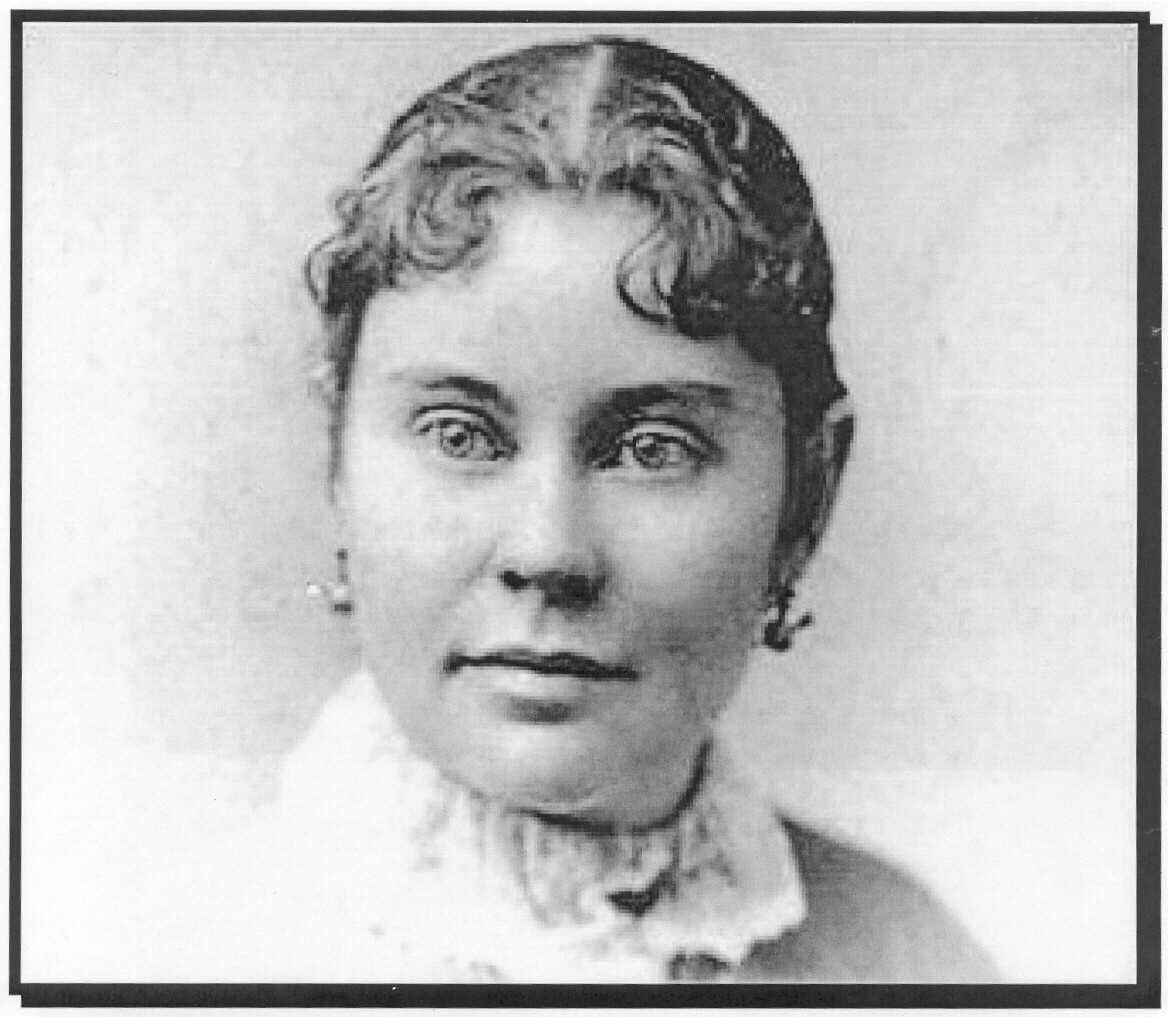New Notes From the Trial of Lizzie Borden Discovered
Bloody Good Fun

The notes, which were acquired by the Fall River Historical Society in Massachusetts, belonged to Andrew Jackson Jennings, the Borden family attorney. Jennings’ grandson, who passed away last year, had left the society the documents in his will. And while Jennings did not serve as Borden’s defense attorney, these documents provided the defense a lot of material for their case. And apparently, it was effective.
One major factor was dispelling the belief that Andrew Borden had something against his own daughters. To the contrary, the documents — in a leather-bound journal kept during the trial — mentioned that the elder Borden enjoyed corresponding with both of his daughters and receiving letters from Lizzie. Michael Martins, curator of the historical society, and author of Parallel Lives: A Social History of Lizzie A. Borden and Her Fall River along with Dennis Binette, said that the new notes are proof of the Andrew Borden they had come to discover through their research — that he was not a cheapskate who favored his second wife over his own daughters.
“It’s clear from what these people said that Andrew Borden was apparently quite concerned about his daughters’ well-being, and he often referred to them as his girls,’’ Martins said. “We know now that he was not a gentleman who deprived his daughters of much.’’
Since the case has remained cold since Lizzie’s acquittal, with no other suspects questioned or arrested, the true identity of the murderer has stayed a mystery. Some thought that these documents would provide a “smoking gun” in the case, proving that Lizzie planned and plotted the murder of her father and stepmother. But instead, it further backed up the defense. Was it the Bordens’ maid, Bridget Sullivan, who had claimed to be sleeping while the murders took place? Or was it Andrew’s illegitimate son, William, angry about being denied any of the Borden property?
The world may never know. But there’s always the theory about Lizzie’s “fugue state” period seizures being the root of all this. Don’t you hate it when you kill people during your period and totally forget about it? Weird, right?
(via Boston.com, extra information found at Find a Death, Wikipedia)
Have a tip we should know? tips@themarysue.com